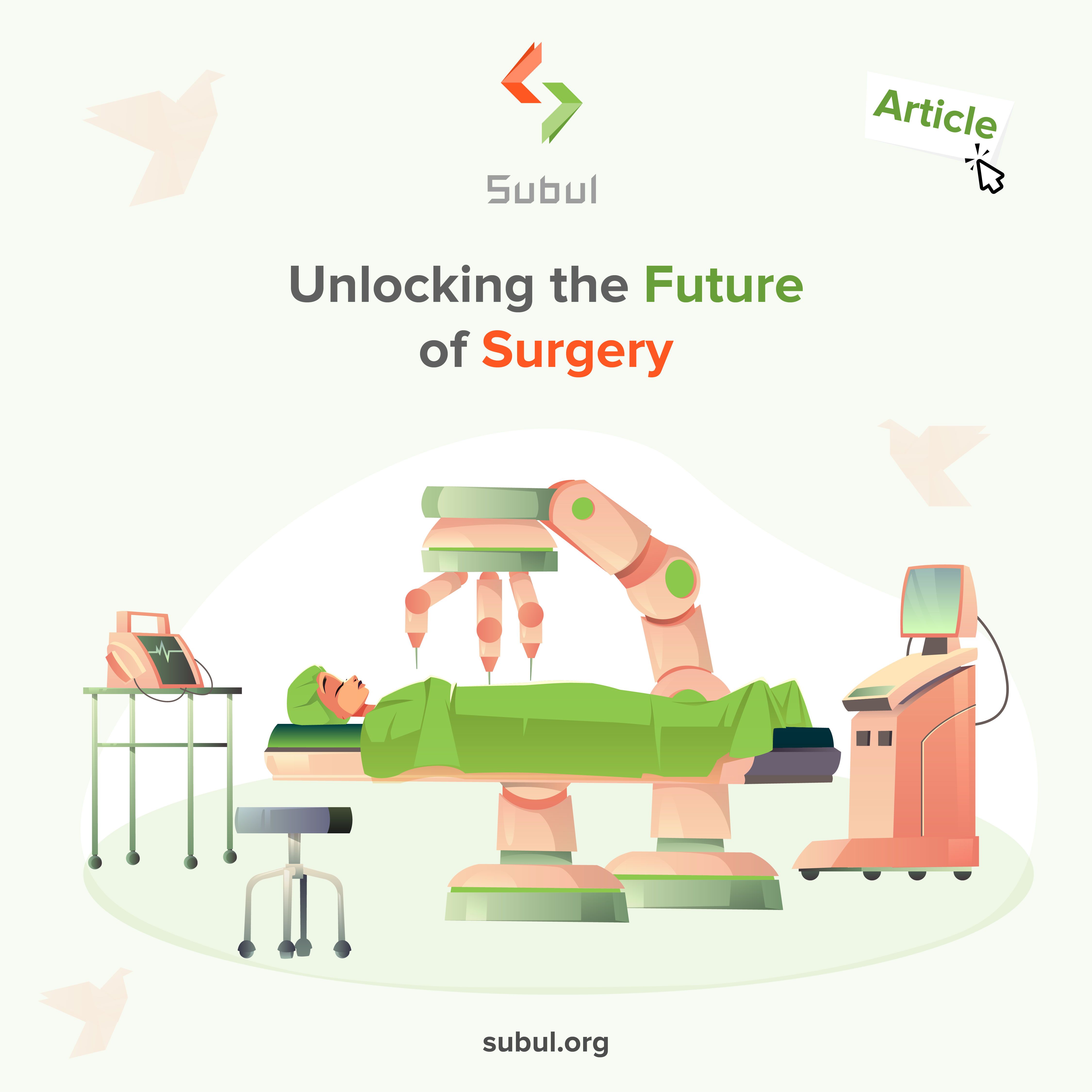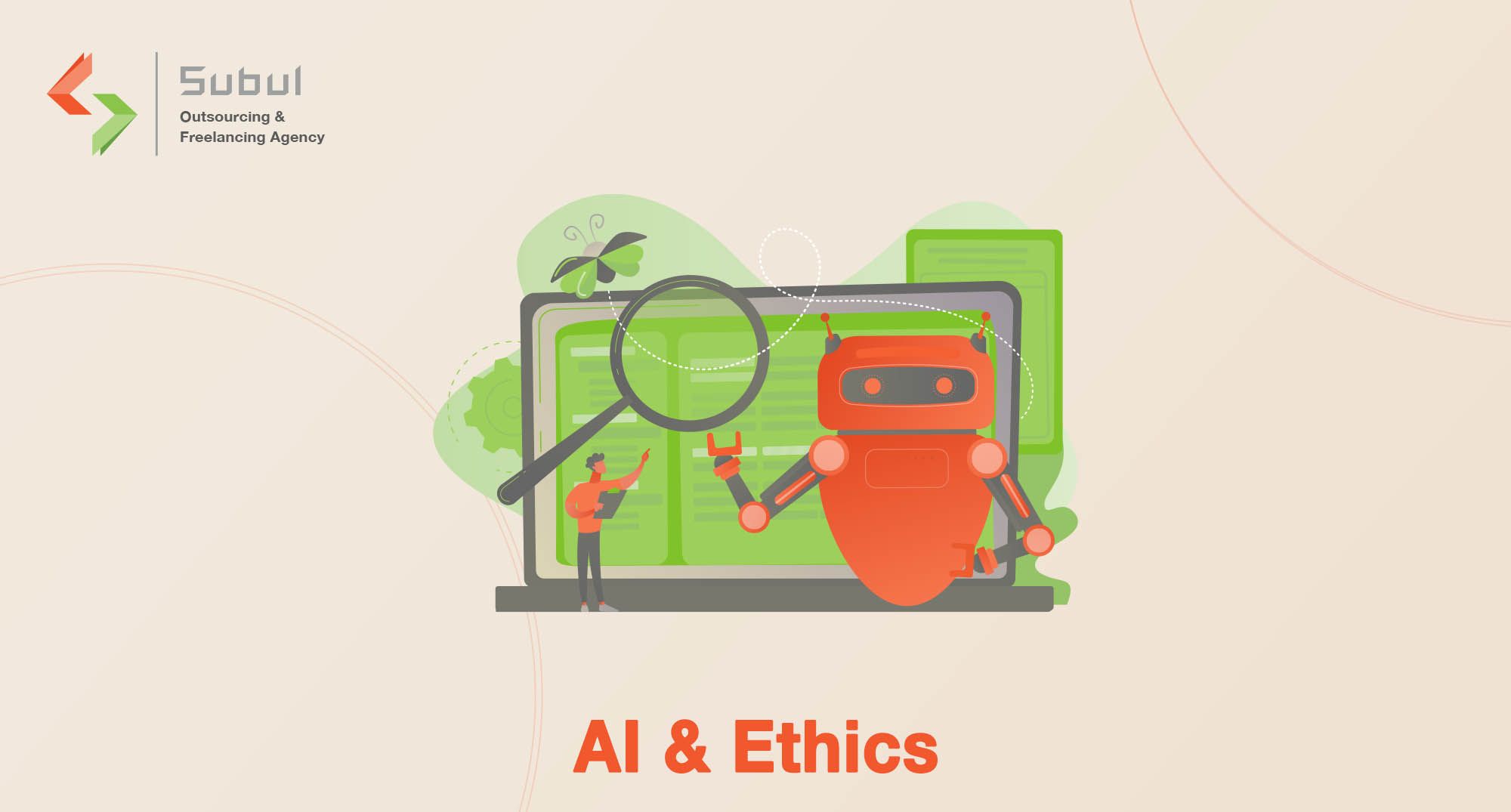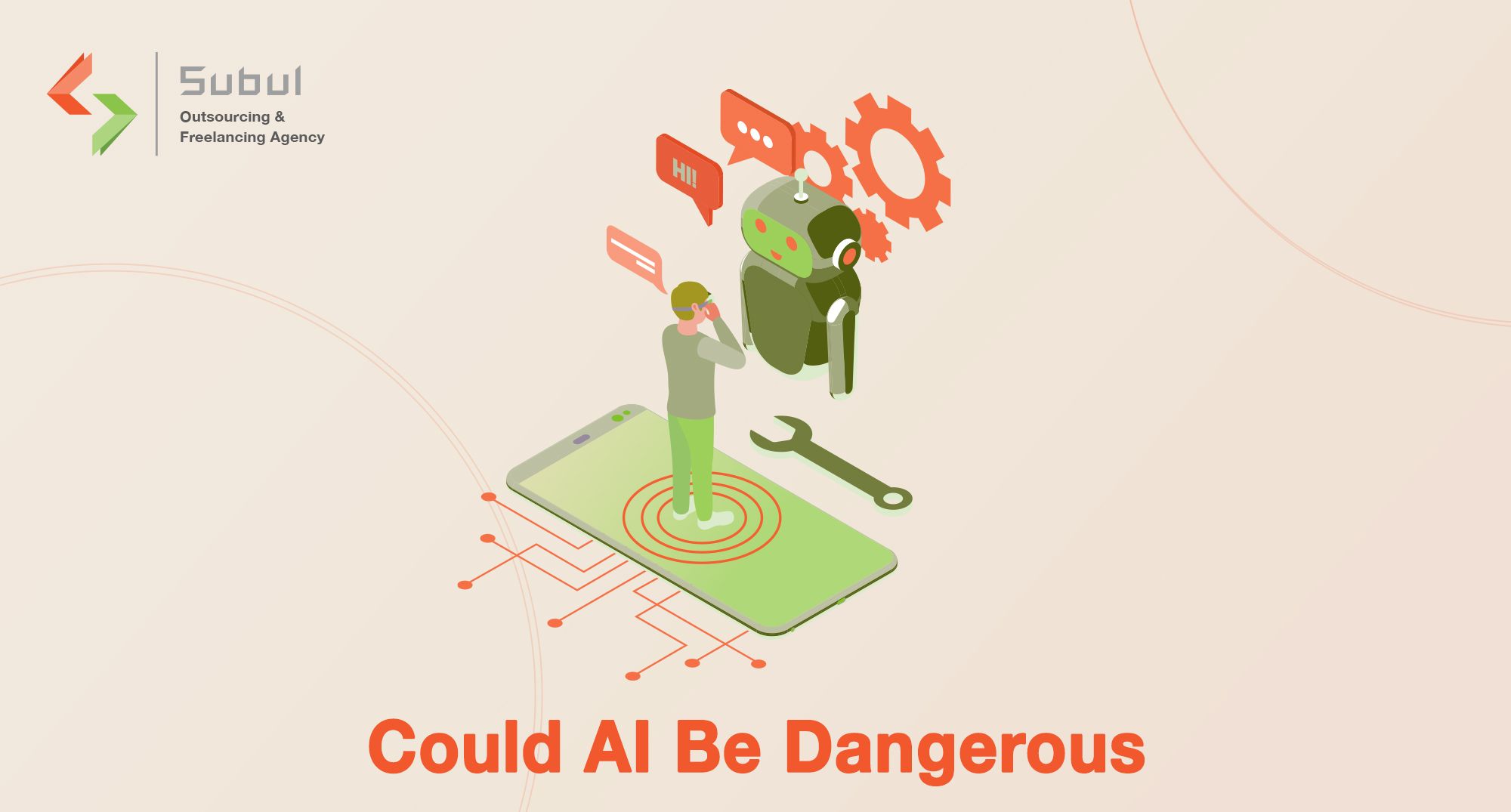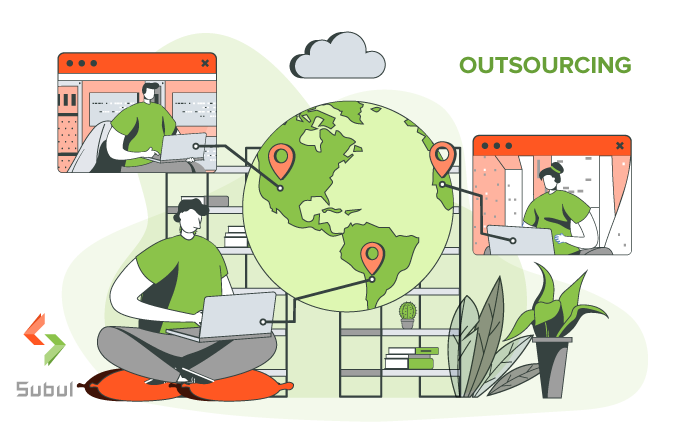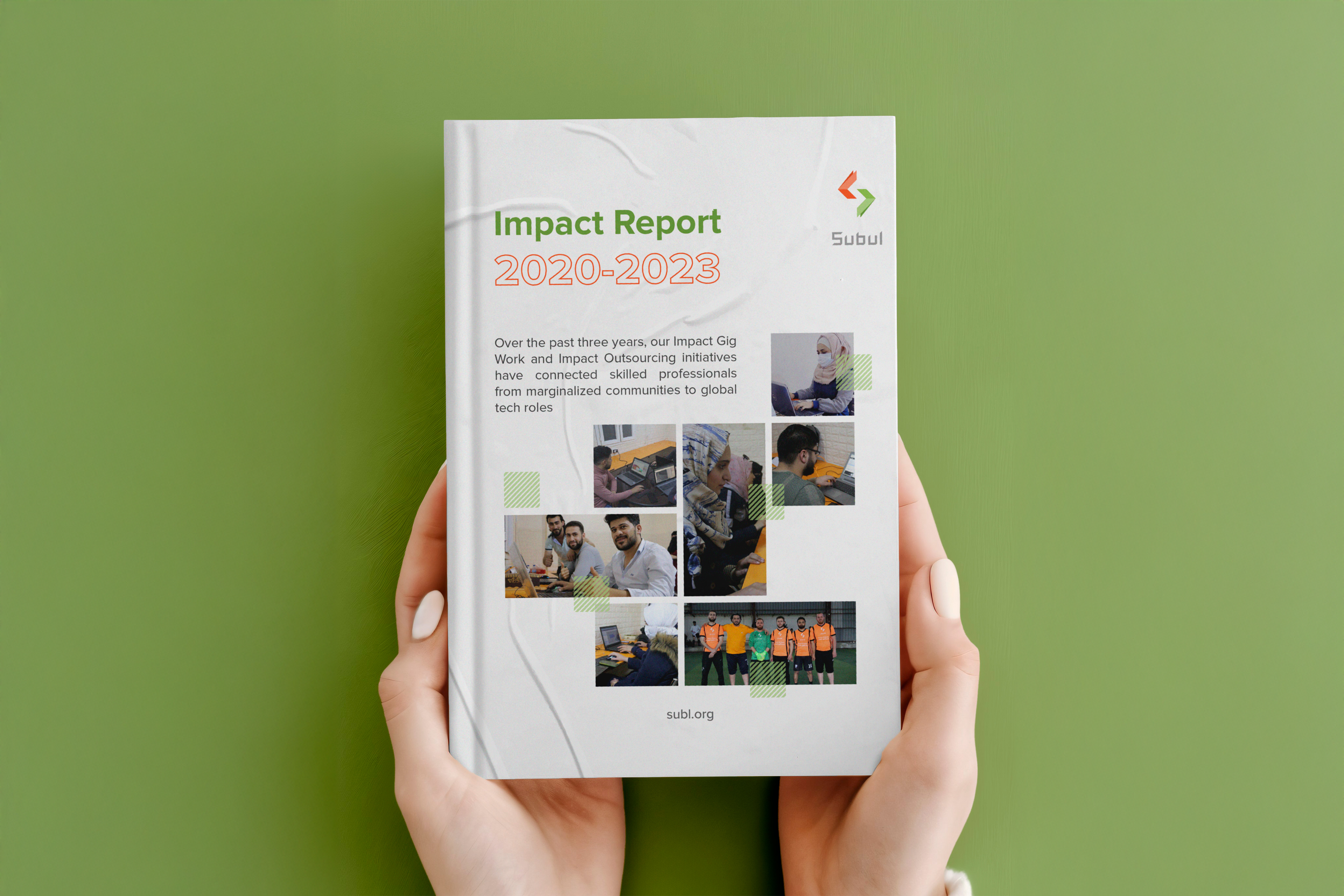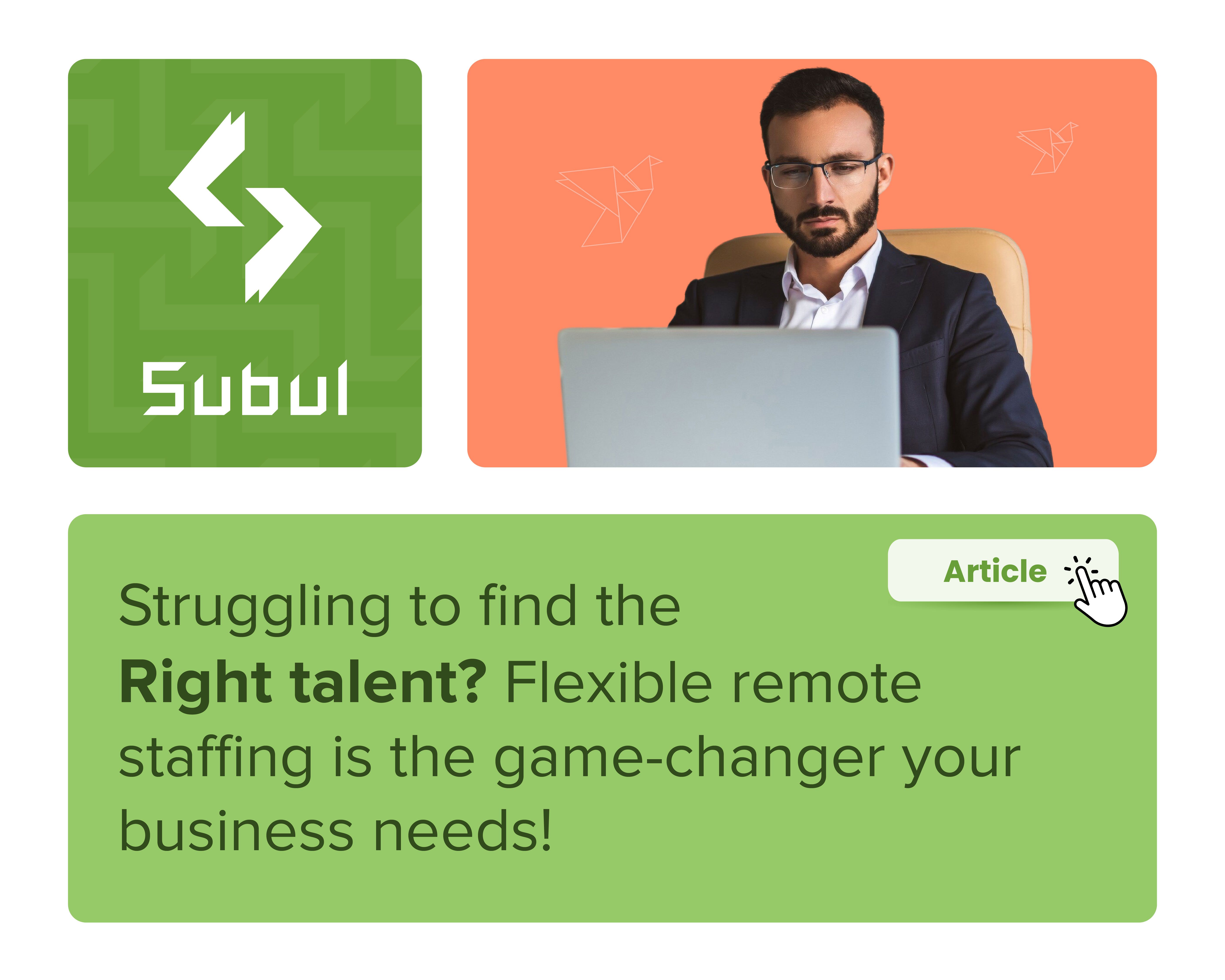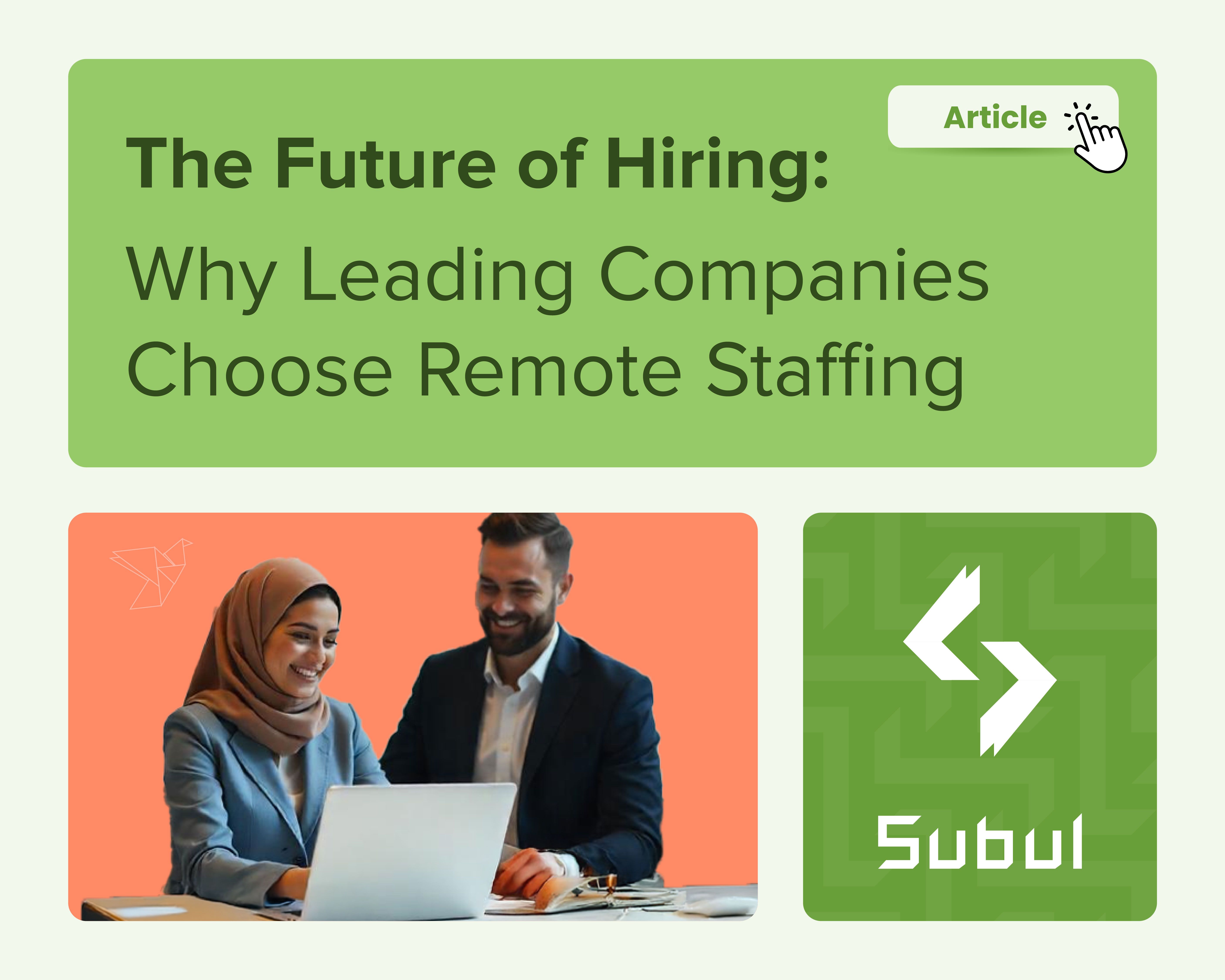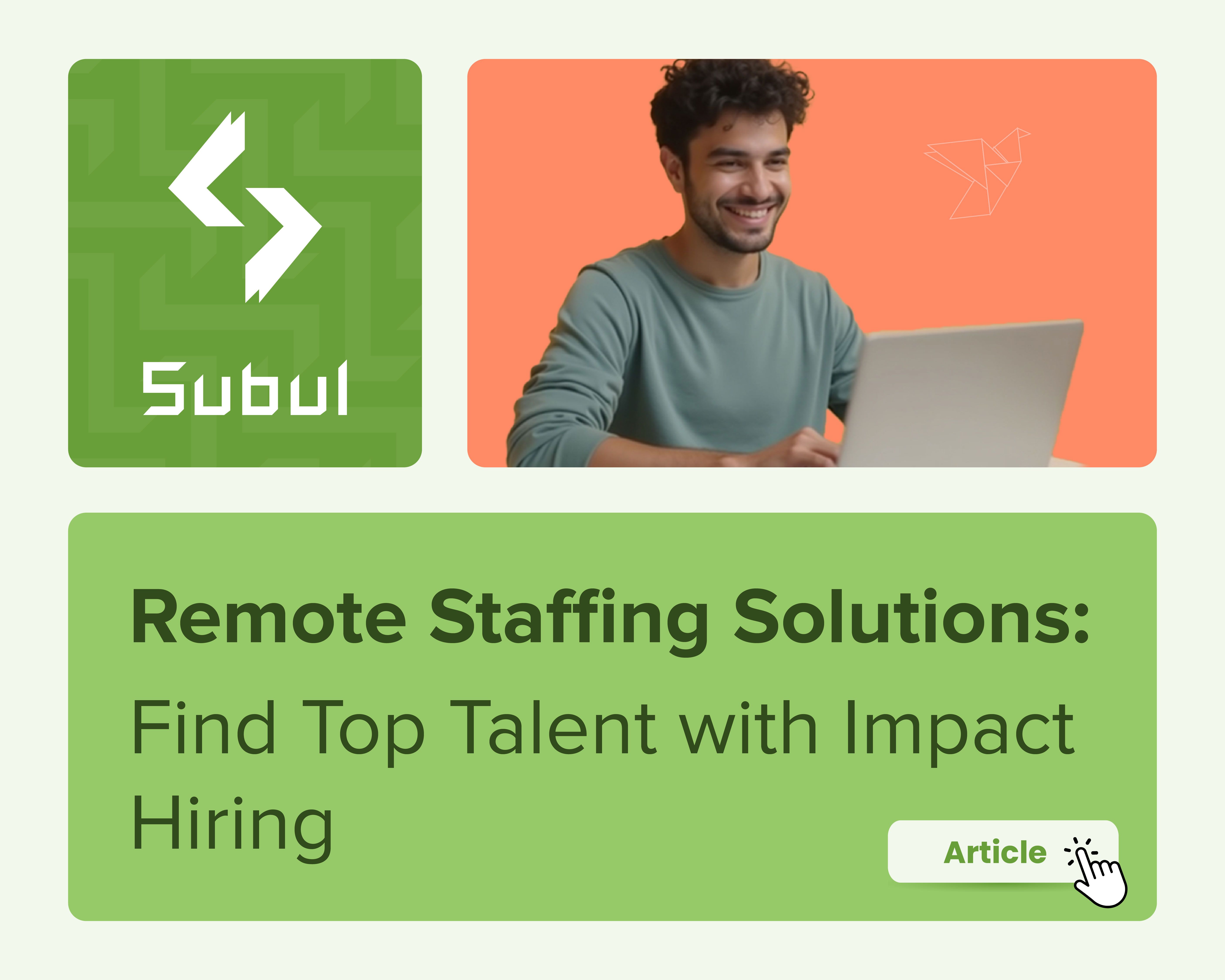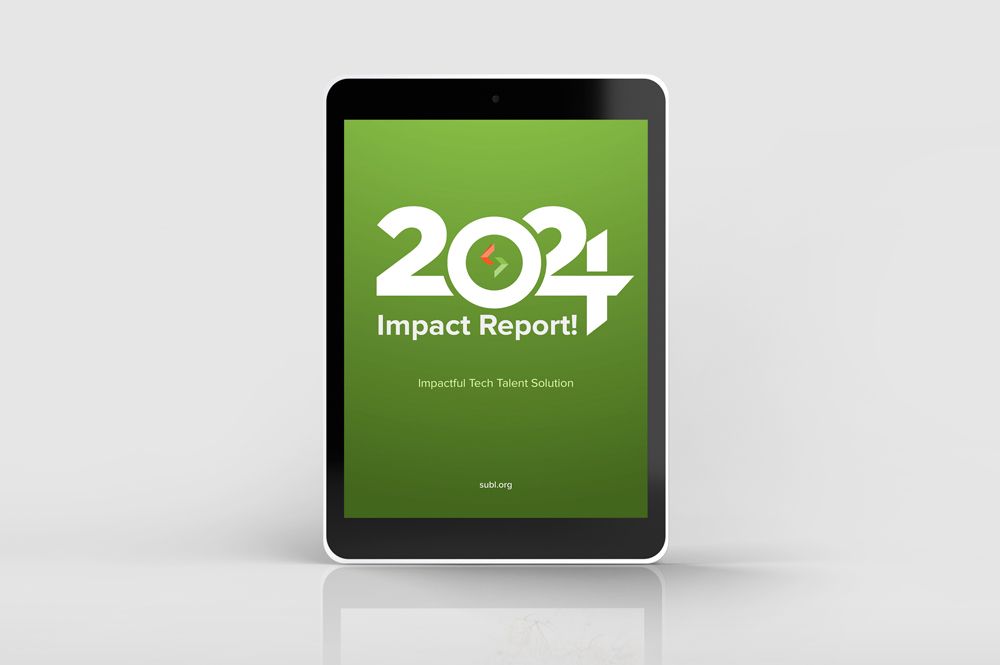The rapid rise of generative AI is transforming global industries, redefining roles, and reshaping the future of work. In its recent earnings report, Google revealed that over 25% of its new code is now generated by AI, underscoring the shift toward automation in traditionally manual tech roles. For tech talent worldwide—and particularly in developing countries where tech roles have provided economic stability and career growth—the implications are profound.
How can these regions prepare for the changes AI brings to tech professions, and how can social enterprises play a role in equipping emerging talent to adapt and thrive in this evolving landscape?
The Shift in Tech Skills Demand
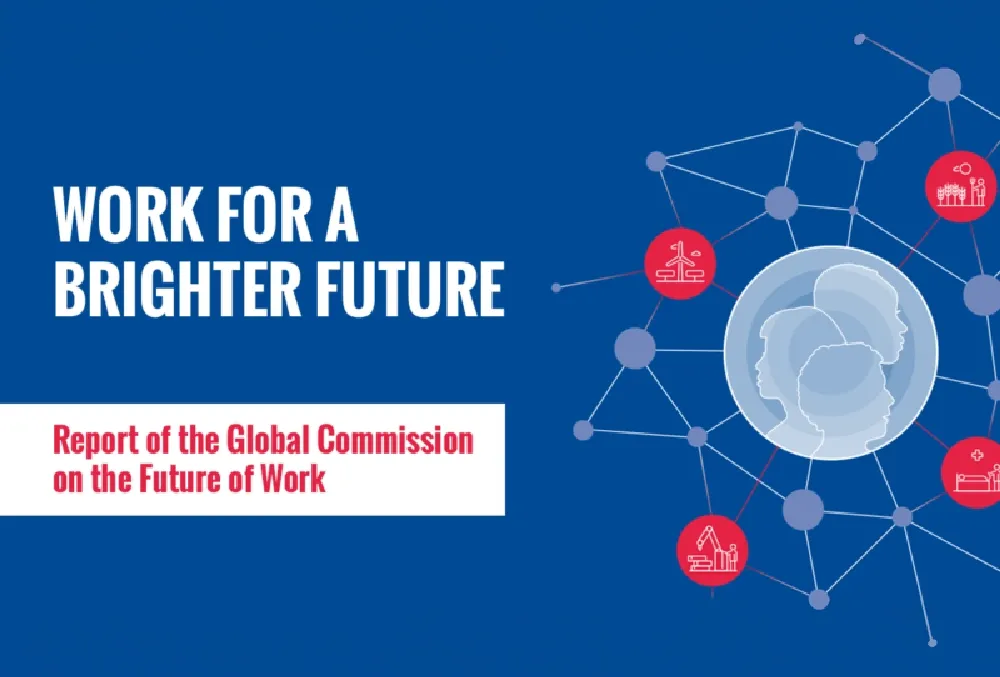
While ILO’s 2019 report, Work for a Brighter Future
was published before the generative AI boom, it highlighted a crucial challenge: without intervention, the acceleration of automation and other tech advances may deepen economic inequalities. In today’s context, this warning rings even more relevant.
For emerging tech talent in developing countries, this rapid pace of advancement presents a dual challenge: acquiring high-demand AI-related skills while addressing systemic barriers like limited access to upskilling resources and career pathways.
A New Reality for Emerging Tech Talents in Developing Nations
Historically, digital tech roles provided individuals in developing nations an entry point into the global workforce, offering competitive wages and career growth.
But as generative AI automates many foundational skills, emerging tech talents must shift their focus to areas like machine learning, data science, and AI integration to remain competitive.
This shift is especially challenging in regions like MENA, Africa and South Asia, where emerging tech professionals—many of whom are refugees and displaced individuals—often lack access to advanced training and global networks. Here, generative AI’s impact can be double-edged: while creating new opportunities in advanced tech roles, it also raises barriers for those who cannot quickly transition to the latest skills.
How Social Enterprises Can Build Resilience in Emerging Tech Talent

In the face of these challenges, social enterprises have a critical role to play. Through strategic initiatives focused on upskilling, community engagement, and global job access, they can help emerging tech talent build resilience and navigate the rapid changes driven by generative AI. Here are four essential actions social enterprises can consider to support these communities:
- Develop Specialized AI-Ready Upskilling Programs: Social enterprises can bridge the growing skills gap by designing training programs that emphasize essential competencies in AI, data science, and machine learning. These programs should prioritize adaptability, preparing tech talent not just for immediate roles but for long-term learning in a continuously evolving field.
- Engage Local Communities and Build Awareness: By working directly within communities, social enterprises can raise awareness about the future of work and promote continuous learning. This engagement helps talents in developing regions view the tech industry as a dynamic space with growing opportunities for those who are prepared to evolve.
- Provide Industry Insights and Career Pathways: Staying updated on technological trends, social enterprises can share these insights with their networks, helping tech professionals anticipate shifts and align their skills with market demand. Regular industry updates keep communities informed and enable proactive career planning.
How Subul is Future-Proofing Tech Talent for Systemic Change

As an Impactful Global Tech Talent Solution, Subul is committed to creating a long-term impact that goes beyond basic training. Subul’s initiatives address the systemic challenges faced by emerging tech talents, ensuring they are prepared not just for specific roles but for a transformed job market:
- Building AI-Compatible Skill Sets for Resilience: Recognizing the importance of AI-related skills, Subul implements programs that prepare tech professionals with competencies in AI, data analysis, and machine learning. By focusing on these high-demand skills, Subul empowers tech talent to adapt to the evolving landscape and remain competitive in the global job market.
- Fostering Community Awareness and Adaptability: Subul actively promotes a culture of continuous learning through local collaborations with NGOs, educational institutions, and community organizations. By highlighting the importance of adaptability, these efforts encourage tech professionals to see change as an opportunity rather than a threat, supporting long-term career resilience in a rapidly shifting industry.
- Creating Systemic Employment Pathways: To tackle employment barriers, Subul facilitates connections between tech talents in underserved regions and global employers. By fostering these pathways, Subul ensures that qualified individuals in developing countries gain access to dignified, high-value work, reducing systemic barriers and empowering talents to participate meaningfully in the global tech sector.
Through these initiatives, Subul aims to create not just immediate employment opportunities but also a foundation for systemic change. By empowering individuals with future-proof skills and fostering adaptability, Subul contributes to building a resilient, inclusive workforce capable of thriving amid the ongoing advancements in generative AI.
Generative AI as an Opportunity for Inclusive Growth
The integration of AI into tech roles need not be solely a disruptive force; rather, it presents new opportunities for social and economic inclusion. By championing programs that make upskilling and adaptability accessible, social enterprises like Subul help ensure that the benefits of generative AI are extended to all corners of the world, supporting inclusive growth across developing economies.





